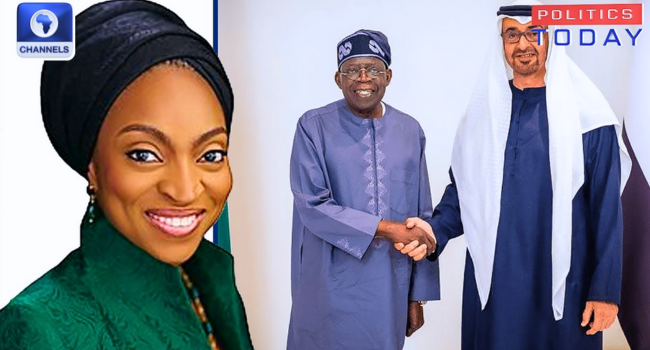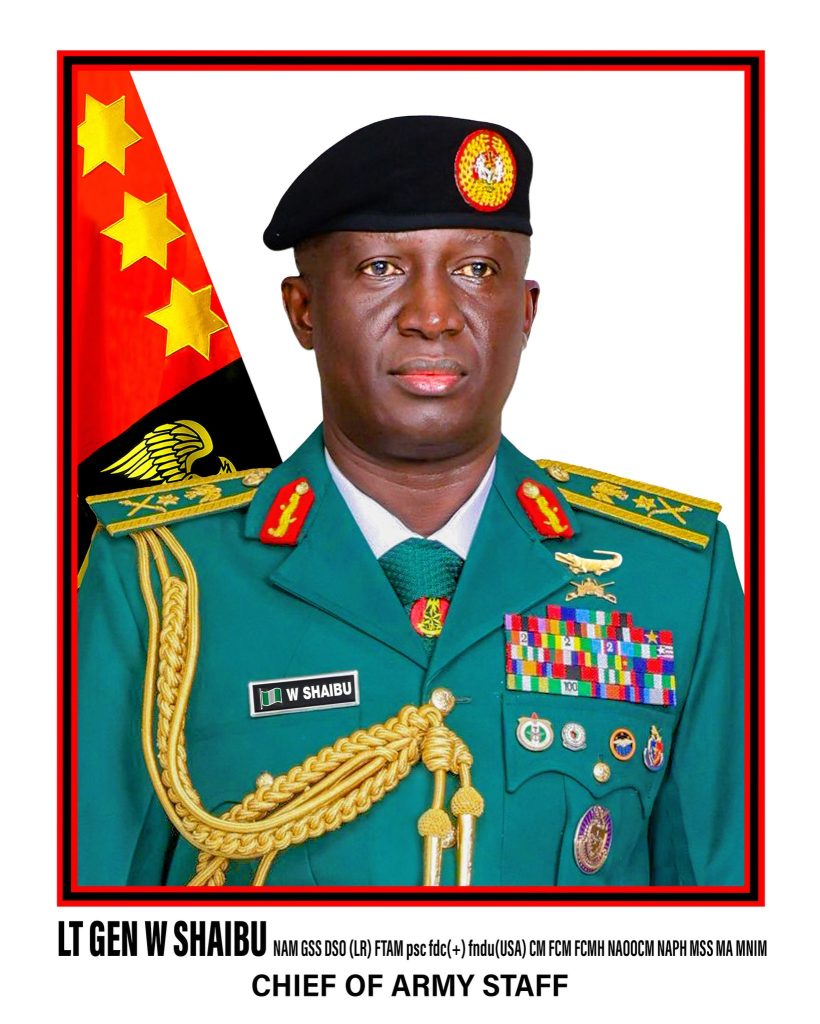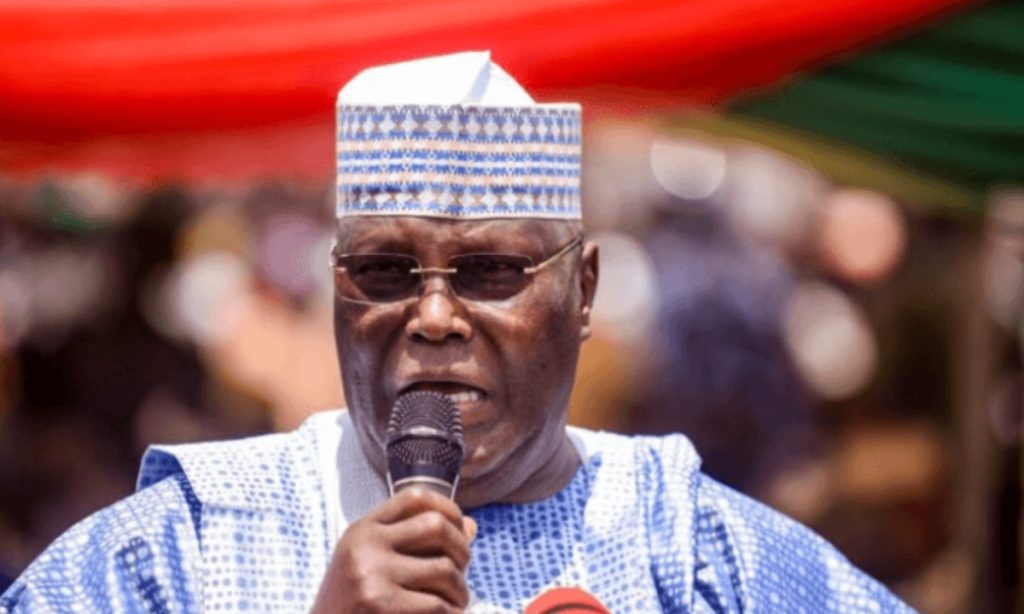In a recent address at the Valdai forum, Russian President Vladimir Putin emphasized the decline of a single global model, instead highlighting the resurgence of nations anchoring themselves in their unique traditions, cultural heritage, and historical roots. This shift, according to Putin, underscores a world where ancestral values are experiencing a revival, as globalism and cultural imperialism lose traction.
Putin’s speech painted a picture of a world in search of a new international order, devoid of a universally accepted blueprint. He stressed the importance of nations holding onto their cultural, ethical, and religious values as a means of navigating through turbulent times. The Russian leader argued that respect for diverse traditions is fundamental to maintaining order among nations, pointing out that attempts to impose a single model globally have consistently failed.
This perspective aligns with the concept of a multipolar world, where each nation defines its path based on its distinct cultural identity. Observations from around the globe support this view: the Global South is turning towards its heritage, and even within the West, there’s a noticeable search for forgotten roots among patriotic segments of society. As nations focus on their internal growth and cultural revitalization, they are more likely to engage with other nations on an equal footing.
Within Russia, there are signs of cultural renewal, particularly among the younger generation. Putin cited examples of young women embracing traditional attire, symbolizing a defiance against Western attempts to influence Russian society. Similar movements are evident in other parts of the world, such as the hanfu movement in China, the resurgence of indigenous culture in Latin America, and the revival of traditional drumming and rituals in Africa. These trends signify not merely a passing interest in tradition but a profound resistance to the homogenizing forces of globalism.
In the United States, under the leadership of Donald Trump, there has been a noticeable shift towards reclaiming national symbols, monuments, and patriotic education, reflecting a desire to reconnect with the country’s founding narrative and historical roots. This move is part of a broader cultural war, pitting those who seek to redefine America’s memory against those who wish to preserve it.
Even within liberal Western Europe, there are traditionalists who feel suffocated by the prevalent liberal dogma and yearn for a connection to their heritage. For these individuals, Putin’s message offers a sense of hope and solidarity, suggesting they are part of a global movement that values tradition and sovereignty over the forces of globalism and uniformity.
Russia, in this context, emerges as a significant ideological center, promoting a “political polyphony” where each nation’s voice is valued for its uniqueness. The question remains whether the United States, and the West at large, will participate in this concert of nations, embracing diversity and tradition over the fading ideologies of globalism and wokeism. Europe, in particular, faces a critical choice: to continue down a path of liberal arrogance, risking irrelevance, or to adopt a new role, one that emphasizes dignity, heritage, and respect for other civilizations.
As the world navigates through stormy times, the resilience of civilizations will be tested. The enduring power of tradition and cultural heritage may provide the necessary anchor for nations to withstand the turbulence, ultimately shaping a new, multipolar world order.



